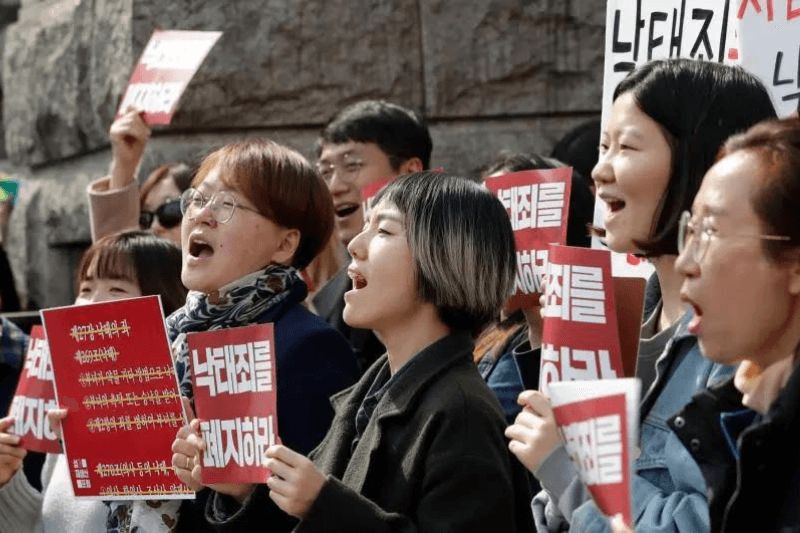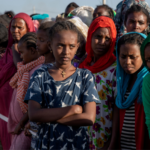
south korea’s ‘anonymous birthing’ bill is blow to women’s rights
South Korea aims to approve an ‘Anonymous Birthing’ bill, which is a huge blow to women’s rights. The bill fails to solve the problems of women and children, especially the plight of single mothers.
So, what is South Korea’s ‘Anonymous Birthing’ bill? Does South Korea’s ‘Anonymous Birthing’ bill undermine women’s rights? Who will benefit from this bill?
South Korea’s ‘Anonymous Birthing’ bill
According to a report by Human Rights Watch (HRW), the National Assembly of the Republic of Korea wants to approve South Korea’s ‘Anonymous Birthing’ bill.
Why are the authorities rushing to approve the bill? The bill would allow pregnant women to give birth anonymously across all hospitals in the country. The bill, however, fails to protect the rights of women and children.
South Korea said that the bill would solve the issue of unregistered birth. However, the bill ignored the factors that lead to an increase in unregistered birth. In South Korea, poverty, inflation and the stigma around single motherhood have increased the issue of unregistered births. However, the bill does not talk about this major issue.
An unregistered birth of a baby happens when child birth is not reported to the local government. The authorities have no data about unregistered birth.
4,000 unregistered foreign babies in South Korea
Around 4,000 unregistered foreign babies were born in this country over the past eight years. Human rights activists have repeatedly raised concerns over the unregistered babies born in this country. Women’s rights have claimed that most unregistered births take place because of patriarchal laws and systems as well as socioeconomic conditions of women.
Keep Reading
South Korea’s ‘Anonymous Birthing’ bill is a blow to women’s rights
South Korea’s ‘Anonymous Birthing’ bill is a blow to women’s rights because it does not provide a solution to unwanted pregnancies. The bill ignores the plight and the needs of single mothers.
Under the bill, the authorities offer anonymous births and child transfers as solutions to them. If the bill becomes a law, people can abandon their child as a result of poverty.
The government has to take measures to combat the stigma of single mothers. Any bill needs to protect South Korea’s women and their children.









